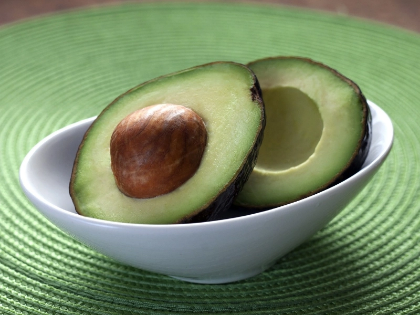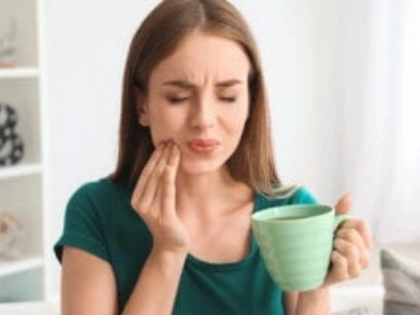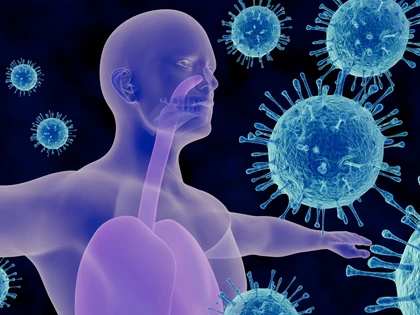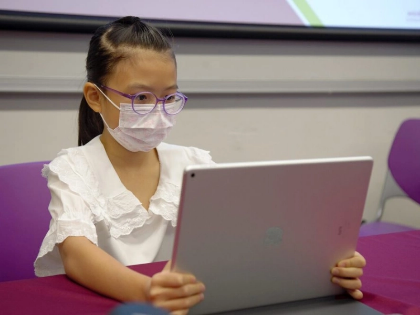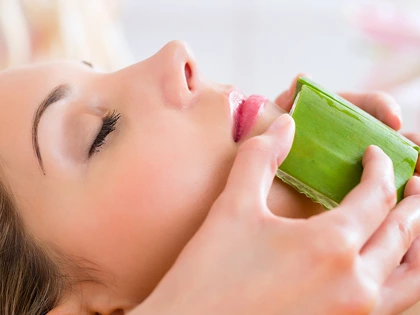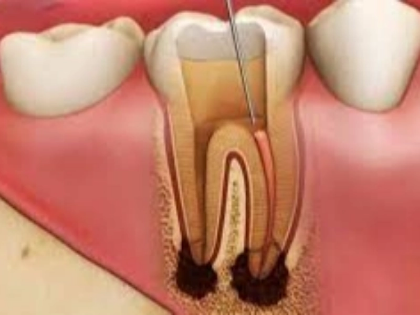How can I prevent my vision from worsening?
If your vision starts to get worse, it's important to have your vision checked, especially since it could indicate an underlying medical problem that needs to be treated now.
Developing healthy habits like getting enough sleep, eating a balanced diet, and wearing protective eyewear can help keep your eyesight strong throughout your life, but there are other steps you can take to postpone or avoid vision problems.
Age-Related Macular Degeneration (AMD)

The disease known as age-related macular degeneration (AMD) causes a gradual blurring of central vision, usually without causing complete blindness.
The retina, a thin layer of tissue at the back of the eyeball, is affected by the disease. As a result, the macula, a small area in the middle of the retina that controls our central, accurate, detailed vision, begins to deteriorate. AMD patients experience distorted, blurred, or lost vision in the area, but their peripheral, or side, vision remains undamaged.
AMD comes in two flavors: moist and dry. The most common type of AMD, known as dry AMD, is characterized by yellow deposits on the retina called drusen that appear gradually over time. Wet AMD develops more rapidly and occurs less frequently. It occurs when abnormalities in blood vessels cause fluid to leak out and interfere with vision. You should test your vision daily using an Amsler grid to check for changes in your vision. If the lines look wavy, contact your doctor right away.
insomnia
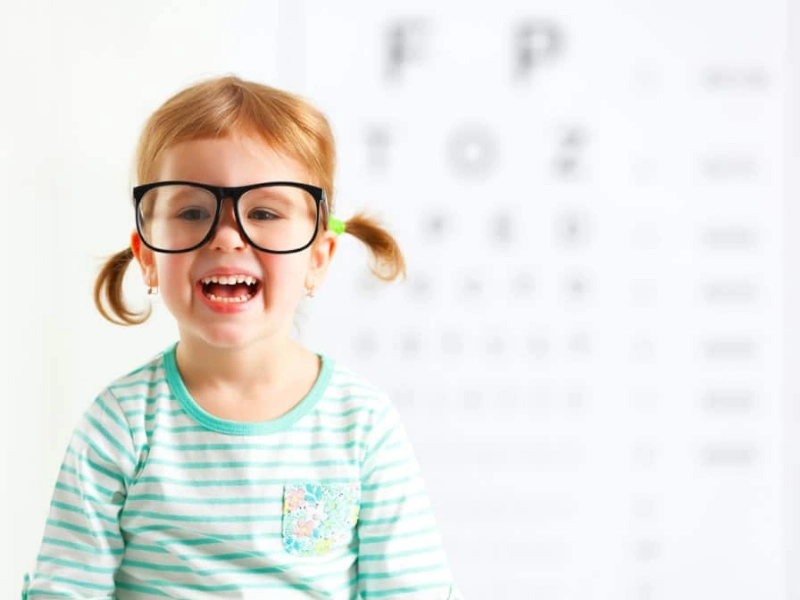
Glaucoma is a disease that destroys the optic nerve and can cause blindness and vision loss if left untreated. It is caused by a buildup of fluid within the eye that creates high pressure. Fluid known as aqueous humor is continually produced and supplied to structures at the front of the eye. The drainage angle, where the iris and cornea meet, is a structure within the eye where fluid needs to drain. Excessive production of aqueous humor or an overly narrow drainage angle can cause increased pressure in the eye.
It is important for glaucoma patients to adhere to their doctor's recommended treatment plan and undergo regular eye examinations. There are eye drops and medications that can help lower elevated intraocular pressure. Additionally, it is important for glaucoma patients to avoid rubbing their eyes. Jogging is one form of regular moderate exercise that can help lower intraocular pressure. However, yoga and other head-down movements should be avoided as they can increase intraocular pressure.
Nearsightedness or myopia
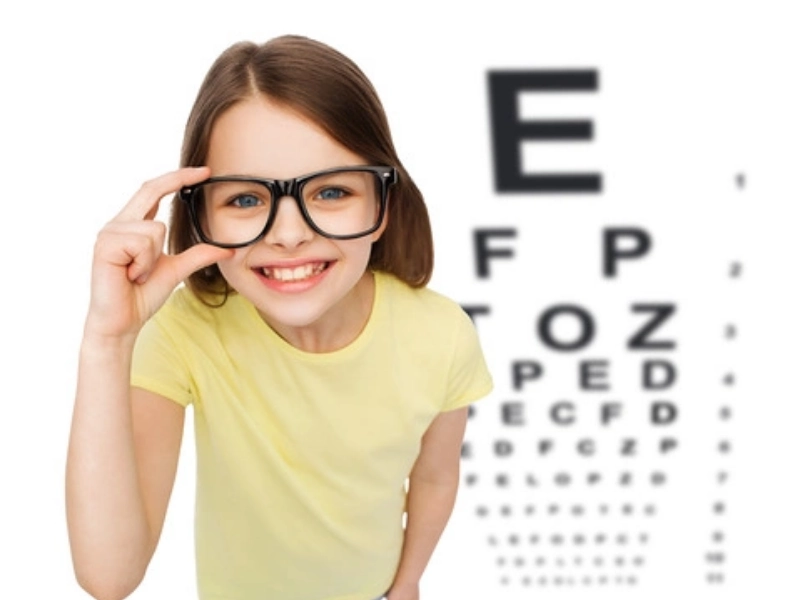
Myopia, commonly known as nearsightedness, is a common eye condition that impairs your ability to see things clearly at a distance. It occurs when light doesn't focus in a straight line on the retina at the back of the eye because of an enlarged eyeball or a steep curvature of the cornea, the clear part at the front of the eye. As a result, things in the distance appear blurry.
Myopia is thought to worsen over time, especially if left untreated. This is especially true in young children, whose eyes are still maturing.
Wearing regular glasses or contact lenses, which correct vision problems by bending (refracting) light on the retina, is one strategy to prevent myopia from getting worse. Atropine eye drops and laser eye surgery are further treatments. The progression of myopia can be slowed with small lifestyle adjustments, such as reducing screen time, regularly stopping near-sighted activities, and consuming a diet rich in fruits, vegetables, and omega-3 fatty acids.
CAT scan
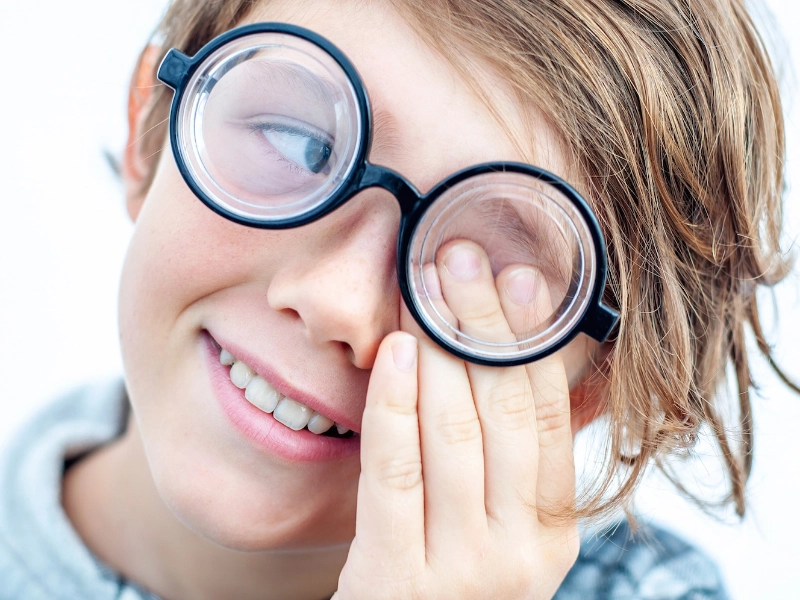
When you have cataracts, your eye's natural lens, which sits behind the cornea and iris (the colored and dark parts of your eye), becomes clouded. The cornea allows light to enter the eye and focuses it after it passes through the lens and retina. This process is disrupted by the clouding of the lens, resulting in blurred vision.
The most common cause of cataracts is aging, but other diseases such as diabetes, eye injuries, and chronic UV exposure can also cause cataracts. Some people are born with cataracts, while others develop them during childhood or as a result of other illnesses such as eczema.
While you can't avoid cataracts, you can lower your chances of getting them. To maintain your eye health, start by eating a diet rich in fruits and vegetables. These foods also contain important antioxidants such as lutein and zeaxanthin, as well as vitamins C and E. Additionally, it's important to arrange regular eye check-ups so your doctor can identify any vision abnormalities and start treatment right away.



